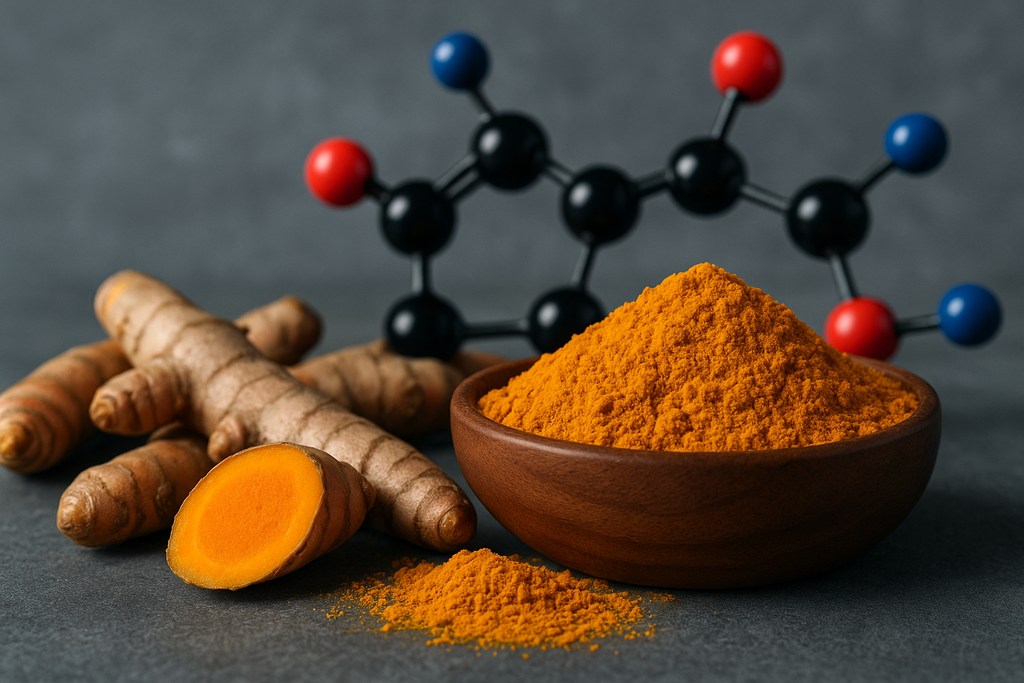News — Nrf2 activation
Curcumin and Epigenetics: The Molecular Science Behind Its Anti-Inflammatory Power
bioavailable curcumin curcumin curcumin anti-inflammatory curcumin epigenetics curcumin inflammation curcumin molecular biology curcumin supplement CurcuPEA+ DNA methylation curcumin epigenetic supplements histone modification microRNAs inflammation natural anti-inflammatory NF-kB inhibition Nrf2 activation palmitoylethanolamide turmeric turmeric and gene expression turmeric capsules turmeric complex turmeric health benefits
In the vast world of natural compounds, few have received as much scientific acclaim as curcumin—the golden pigment found in turmeric. Traditionally used in Ayurvedic and Chinese medicine, curcumin is now being recognized by modern science for its powerful anti-inflammatory effects. But what gives this ancient spice such a potent biological punch? The answer lies deep in the molecular realm—specifically in how curcumin interacts with our epigenome.
Epigenetics, the study of how lifestyle and environment influence gene expression without changing the DNA sequence, has revolutionized our understanding of health and disease. And curcumin stands out as a natural epigenetic modulator. By influencing DNA methylation, histone modification, and microRNA activity, curcumin can switch genes on or off, particularly those involved in inflammation and immune response. In this article, we'll explore how curcumin impacts the epigenome and unlocks powerful anti-inflammatory pathways that may help combat everything from arthritis to neurodegeneration.

